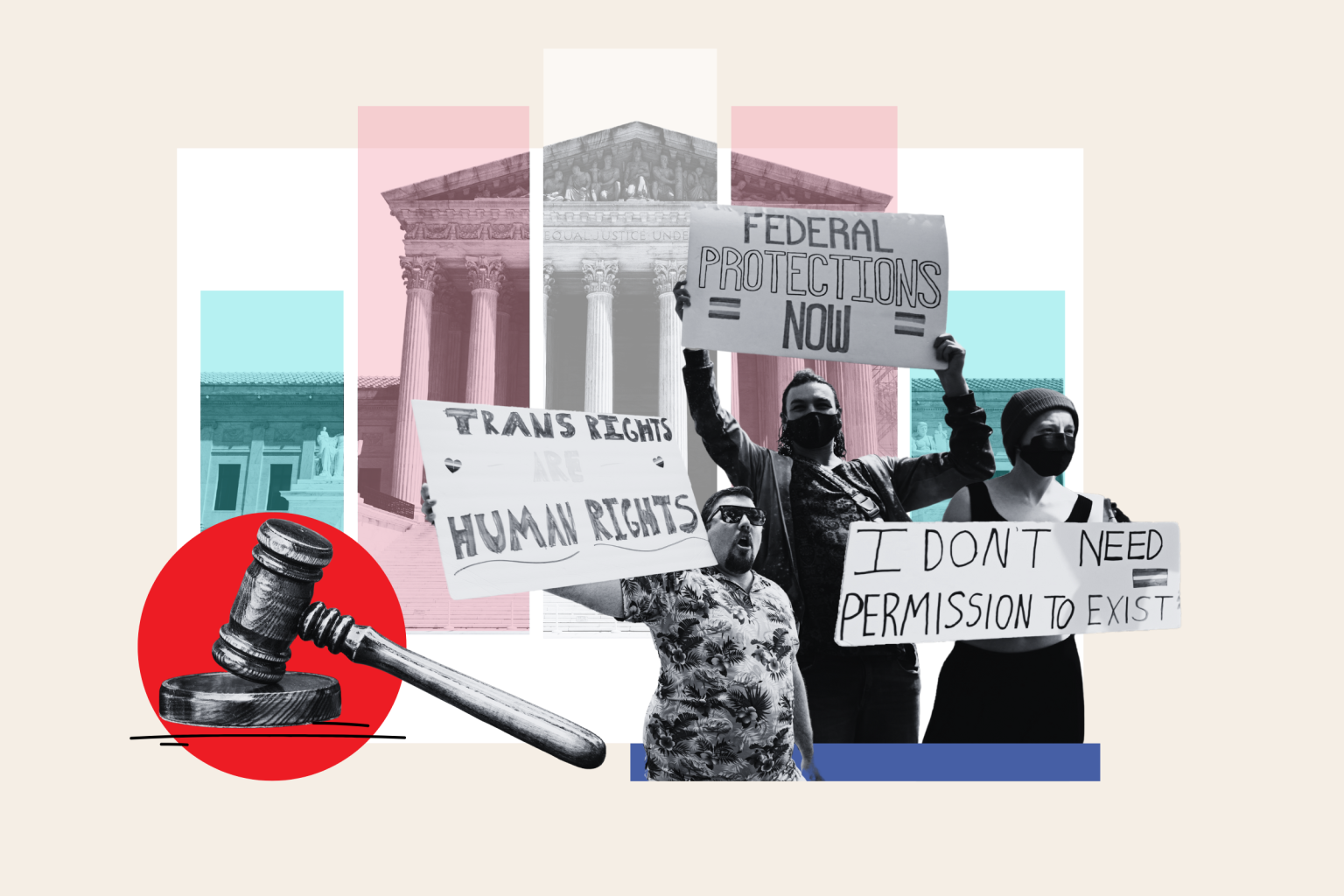On Wednesday, the U.S. Supreme Court will hear oral arguments in a pivotal case, U.S. v. Jonathan Skrmetti, which centers around the rights of doctors to prescribe puberty blockers and gender hormone treatments to transgender minors. This case, stemming from a legal challenge against Tennessee’s law banning such medical interventions, has ignited passionate debates amidst a politically charged atmosphere, particularly as transgender rights have emerged as a significant issue in the lead-up to the presidential election. Tennessee Attorney General Jonathan Skrmetti has found himself at the center of this legal battle after parents and advocacy groups contested the new legislation. Observers, including conservative commentator Matt Walsh, suggest that the implications could mirror those of the landmark Dobbs case, which reshaped abortion rights in America, possibly leading to a substantial shift in how minors’ access to gender-affirming care is perceived and regulated.
Tennessee’s Senate Bill 1 (SB1), enacted in 2023, serves as the foundation for this case. It prohibits healthcare providers from offering any procedures that allow minors to transition in a manner contrary to their assigned sex at birth or from addressing ailments linked to gender dysphoria. This law also extends to telehealth services, indicating a comprehensive ban on both in-person and remote healthcare for transgender minors. Moreover, the bill exceptionally allows treatment only for specific conditions, such as congenital defects or physical injuries, categorically excluding gender-affirming care. The Biden administration, aligning with the plaintiffs, argues that these restrictions infringe upon constitutional rights, particularly highlighting the importance of parental autonomy in deciding appropriate medical care for their children.
The legal discourse surrounding U.S. v. Skrmetti broaches critical themes concerning equal protection under the law and the rights of parents. Plaintiffs claim that the Tennessee law discriminates against transgender individuals, violating the Equal Protection Clause of the Fourteenth Amendment and undermining parents’ due process rights to guide their children’s healthcare decisions. Conversely, Skrmetti argues that the law does not discriminate on the basis of transgender status and should, therefore, receive a minimally intensive scrutiny standard in judicial review. This legal framing closely ties back to the Court’s rationale in the Dobbs decision, raising questions about how its precedent might be applied to medical care for transgender youth.
If the Supreme Court upholds Tennessee’s law, it will further entrench barriers to medically necessary gender-affirming care for minors, a significant concern echoed by advocates for transgender rights. A notable case among the plaintiffs is L.W., a teenager whose experience with hormone treatment highlights the immediate impact of such legislative restrictions on the lives of transgender youth. Her family’s ability to access care out of state underscores the growing crisis as various states move to implement similar bans. Public sentiment remains mixed, as polls indicate support for measures that prevent discrimination against transgender individuals, while opinions diverge regarding specific healthcare protocols. These societal divides are likely to influence the Supreme Court’s considerations in the case.
Political context adds another layer to the case’s significance, particularly with the recent reelection of Donald Trump. As Republican political messaging increasingly targets LGBTQ+ rights, including anti-transgender rhetoric, expectations grow concerning the potential influence of the upcoming administration on the litigation. Legal experts suggest that regardless of any shifts within the administration, the essence of the legal dispute remains unchanged. The Supreme Court’s track record under Chief Justice John Roberts suggests hesitance to recognize new fundamental rights or extend heightened scrutiny to cases involving sexual and gender minorities, which could impact the outcome and implications of this case.
Legal analysts predict that the Supreme Court may use this case to restrict the scope of equal protection rights rather than broaden them. As Tennessee’s law does not straightforwardly discriminate based on sex—instead banning treatments for all transgender minors—it raises intricate questions about how the Court will interpret the Equal Protection Clause in this context. While it is evident that the law unequally impacts transgender youth compared to their cisgender peers, legal scholars contend that the Court may take this opportunity to clarify or refine its stance on gender and sexual orientation discrimination in ways that could reshape legal protections for LGBTQ+ individuals in the United States, potentially narrowing the definition of protected classes and their rights under the Constitution.
In sum, U.S. v. Skrmetti represents a watershed moment with potentially long-lasting consequences for transgender rights and healthcare access in America. As the Supreme Court prepares to deliberate on the matter, its decision may either uphold the increasing legislative restrictions faced by transgender minors or signal a shift in judicial approach toward broader protections against discrimination in healthcare contexts. The outcome will no doubt influence future legislation and the constitutional landscape surrounding the contentious discussions on gender identity and treatment—a reflection of the deeper societal divisions regarding these issues in contemporary America. All eyes will be on the Court as it weighs the complex interplay between state regulation, individual rights, and the evolving understanding of gender identity in the legal sphere.

